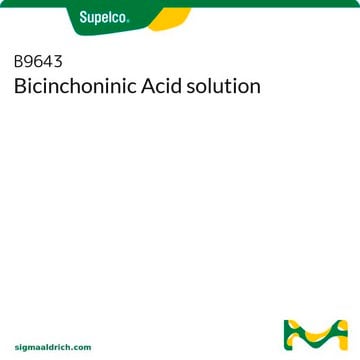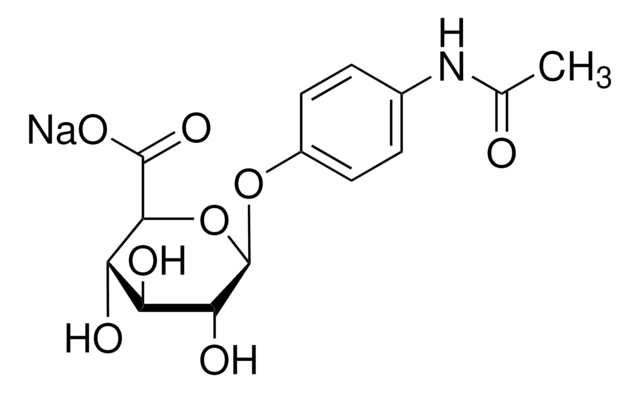482728
Anti-Nitric Oxide Synthase (1131-1144), Inducible Rabbit pAb
liquid, Calbiochem®
Synonym(s):
Anti-iNOS
About This Item
Recommended Products
biological source
rabbit
Quality Level
antibody form
serum
antibody product type
primary antibodies
clone
polyclonal
form
liquid
contains
≤0.1% sodium azide as preservative
species reactivity
mouse, rat, human
manufacturer/tradename
Calbiochem®
storage condition
OK to freeze
avoid repeated freeze/thaw cycles
isotype
IgG
shipped in
wet ice
storage temp.
−20°C
target post-translational modification
unmodified
Gene Information
human ... NOS1(4842)
General description
Immunogen
Application
Immunoblotting (1:2000)
Immunocytochemistry (1:500)
Paraffin Sections (1:500)
Warning
Physical form
Reconstitution
Analysis Note
Raw 264.7 cells treated with IFNγ and LPS
Other Notes
Recommended Procedure for Immunocytochemistry of Anti-iNOS:
1. Grow cells in appropriate medium.
2. Induce NOS by pretreating cells for 16 h with fresh media containing either: no addition (control), interferon-γ (50 ng/ml), LPS (30 µg/ml) or interferon plus LPS.
3. Wash cells 3-5 min with phosphate buffered saline (PBS).
4. Permeabilize with 2% saponin for 10 min at room temperature.
5. Fix in 4% formalin for 10 min at room temperature.
6. Wash 3-5 min with PBS.
7. Incubate for 20 min at room temperature with anti-iNOS diluted 1:500 in PBS.
8. Wash 3-5 min with PBS.
9. Incubate with biotinylated secondary antibody (i.e. biotin-conjugated goat anti-rabbit IgG, Cat. No. 401313). Wash; incubate with avidin-conjugated alkaline phosphatase (Cat. No. 189726 or 189732).
10. Develop with Naphthol AS Phosphate/Fast Red Violet LB (Cat. No. 477758) or Naphthol AS Phosphate/New Fuchsin (Cat. No. 477759).
Lyons, C., et al. 1992. J. Biol. Chem.267, 6370.
Bredt, D.S., et al. 1991. Nature351, 714.
Legal Information
Not finding the right product?
Try our Product Selector Tool.
Storage Class Code
10 - Combustible liquids
WGK
WGK 1
Certificates of Analysis (COA)
Search for Certificates of Analysis (COA) by entering the products Lot/Batch Number. Lot and Batch Numbers can be found on a product’s label following the words ‘Lot’ or ‘Batch’.
Already Own This Product?
Find documentation for the products that you have recently purchased in the Document Library.
Our team of scientists has experience in all areas of research including Life Science, Material Science, Chemical Synthesis, Chromatography, Analytical and many others.
Contact Technical Service







